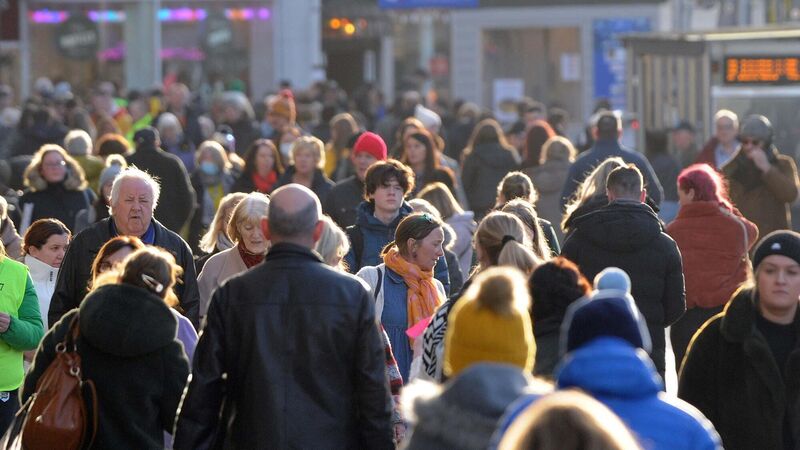Duncan Graham: Retailers report some Christmas sales cheer

A busy St. Patrick's Street in Cork in the build-up to Christmas. Picture: Denis Minihane
Retailers could be forgiven for looking back at 2022 with some degree of frustration. It seems like no sooner had we emerged from Covid restrictions than the industry was hit by a sharply deteriorating cost of living crisis which hit all areas of the economy.
This fall in discretionary income means that consumers are shopping with value in mind and are conscious of what they are spending their hard-earned money on.














